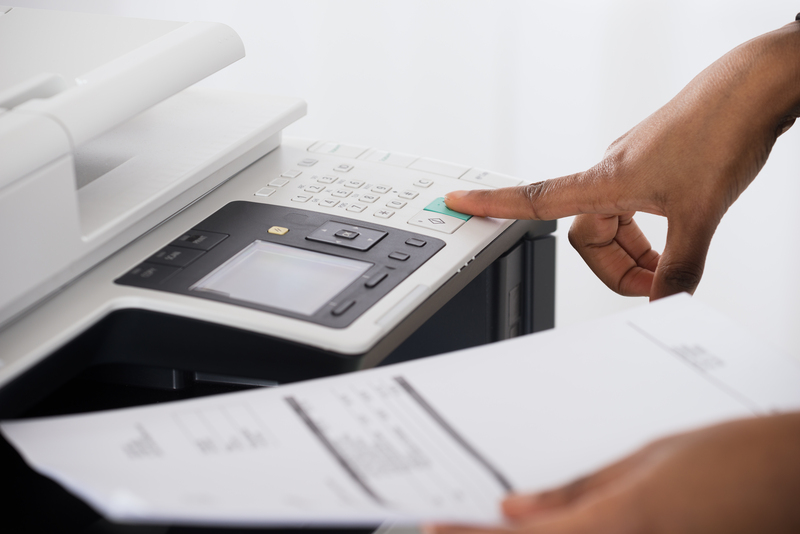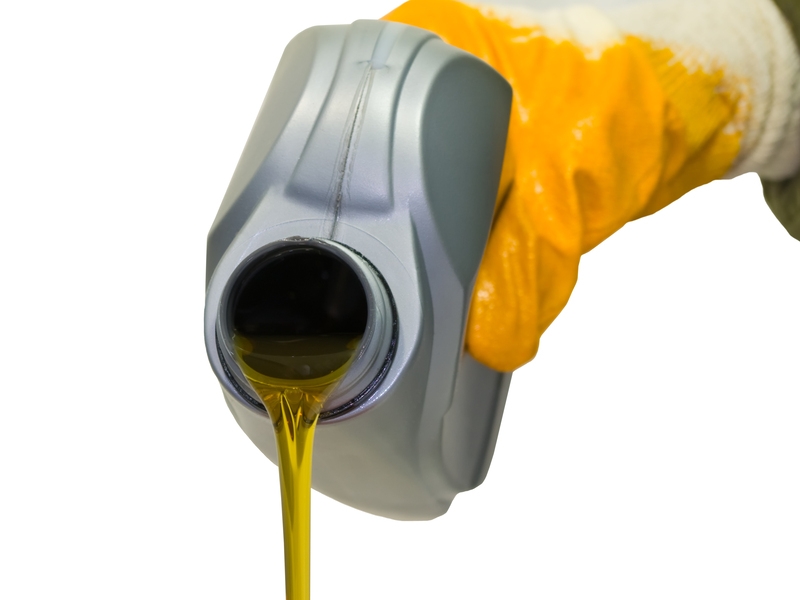Breaking the Plastic Cycle: Tips & Tricks
Posted on 29/03/2025
Plastic pollution is one of the most pressing environmental issues facing our planet today. Every year, millions of tons of plastic waste enter the oceans, harming wildlife and ecosystems. Breaking the plastic cycle requires a concerted effort from individuals, communities, and industries. In this article, we'll explore tips and tricks to help reduce plastic use and manage plastic waste effectively.
Understand the Plastic Problem
Before diving into solutions, it's essential to understand the magnitude of the plastic problem. Plastics are synthetic materials made from polymers, primarily derived from fossil fuels. They are durable and convenient, but their longevity means they persist in the environment for hundreds of years. Most plastics are not biodegradable and can fragment into microplastics, posing serious risks to wildlife and human health.

Reduce Single-Use Plastics
The first step in breaking the plastic cycle is to cut down on single-use plastics. These items, such as plastic bags, straws, and cutlery, are used briefly but can last forever in the environment.
- Use Reusable Bags: Bring cloth or reusable bags when shopping.
- Choose Reusable Bottles: Invest in a good-quality water bottle and avoid single-use plastic bottles.
- Avoid Plastic Straws: Opt for alternatives like metal, glass, or bamboo straws.
- Reusable Containers: Use glass or stainless steel containers for food storage instead of plastic ones.
Recycle Properly
Recycling is a critical element in managing plastic waste but requires proper handling. Not all plastics can be recycled, and improper recycling can contaminate recyclable materials.
- Know Your Local Guidelines: Understand what can and cannot be recycled in your community.
- Clean and Sort: Rinse out containers and separate plastics from other materials.
- Check Codes: Pay attention to recycling codes found on plastic products. Codes 1 and 2 are widely recycled, while others are less commonly accepted.
Buy in Bulk
Buying in bulk reduces the amount of plastic packaging waste. Look for stores that offer bulk bins for items like grains, nuts, and dried fruits. Bring your containers to fill up, reducing the need for plastic baggies and packaging.
Support Sustainable Products
Many companies are shifting towards more sustainable practices by offering products made from recycled or biodegradable materials.
- Eco-friendly Brands: Support brands that prioritize sustainability and reduce plastic use.
- Biodegradable Products: Choose biodegradable or compostable products over traditional plastic.
Advocate and Educate
Spread awareness about plastic pollution and advocate for policies that reduce plastic production and waste management.
- Join Campaigns: Participate in local clean-ups and support environmental campaigns.
- Educate Others: Share knowledge with family, friends, and communities to encourage collective action.
- Policy Support: Advocate for policies that reduce plastic production and improve waste management infrastructure.
Pros and Cons of Reducing Plastic Use
Pros:
- Reduces environmental pollution.
- Helps wildlife and ecosystems.
- Promotes sustainable living.
- Encourages innovative eco-friendly solutions.
Cons:
- Initial cost of reusable items can be higher.
- Convenience of single-use plastics is hard to replace.
- Requires a change in habits and behavior.

Takeaways
Breaking the plastic cycle is an ongoing effort that requires collective action. By reducing single-use plastics, recycling correctly, buying in bulk, supporting sustainable products, and advocating for change, we can make a significant impact. Small steps taken by individuals add up to substantial changes over time.
Conclusion
Breaking the plastic cycle is not an overnight task, but with consistent effort, it is achievable. By making more conscious choices, advocating for change, and educating others, we can reduce our reliance on plastic and promote a healthier environment for future generations. Start with the tips provided in this article and be an advocate for a plastic-free planet.
Latest Posts
Recycling for Environment Health
Start Your Plastic-Free Kitchen Journey
Recycling Polystyrene for a Greener Earth






